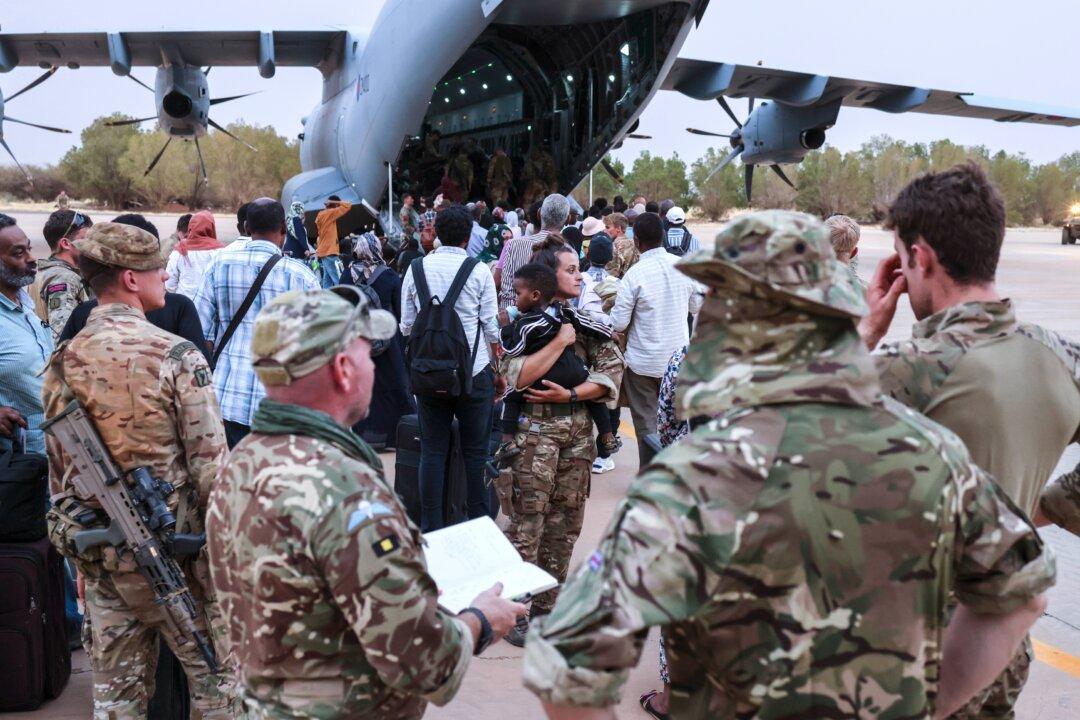British nationals in Sudan were given until midday on Saturday to arrive at the airfield near Khartoum to board the last evacuation flight from the war-torn country.
The Foreign, Commonwealth and Development Office (FCDO) said it’s wrapping up the campaign because of declining demand for seats and the risk of renewed conflict.





